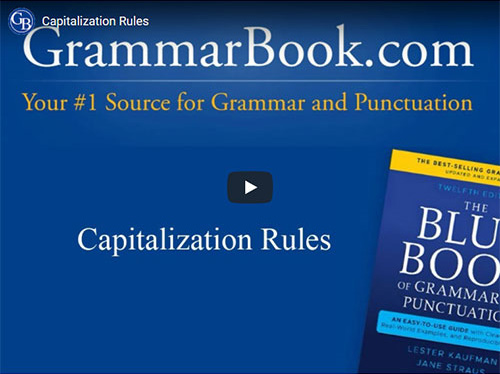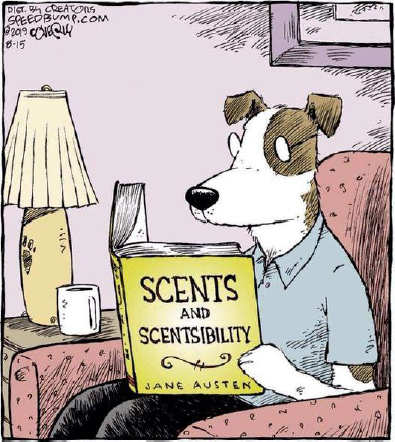|
Sibilance: Definition and Examples
|
|
The art of language embraces sound just as it does precision and eloquence of written expression.
For example, along the way we've discussed alliteration, which is the repetition of two or more neighboring sounds of words, often initial letters, to create a phonetic device:
simple story
accept and excel |
The repeating alliterative sounds occur either in the first letter of each word or in the stressed syllables of those words.
With our examples above, we also have a specific type of sound referred to as sibilance.
What Is Sibilance?
Sibilance is the recurrence of a hissing, hushing, or whispering sound in words. While it is often associated with the letter s, sibilance involves s-type sounds, not the letter itself.
Sibilance originates from the Latin sibilare ("to hiss, "to whistle"). You'll also notice the word sibilance is sibilant itself: sibilance.
The following table shows common letters that form sibilance as well as examples of words applying its sound.
| Letter(s) |
Sibilant Sound |
|
Letter(s) |
Sibilant Sound |
| cc |
accept, success |
|
sh |
shed, shell |
| cei |
receive, receipt |
|
ss |
bliss, miss |
| ce, ci |
cease, Cinderella |
|
xc |
excel, except |
| s |
simple, list |
|
z |
zoo, zipper |
Consider how sibilance establishes the sonic qualities of well-known interjections such as shh and psst. The sounds themselves convey hushing or whispering thoughts.
When we think of sibilance, we also think of the sss of a slithering snake with a slippery forked tongue.
While not a part of our current discussion, other soft or buzzing sounds such as ch (choo-choo), f (fog), hard th (that), and v (victory) might be classified as sibilant by some linguists as well.
As we've alluded to, sibilance is alliterative when it appears in the first letters of consecutive words: simple story. However, sibilance doesn't require a particular order or positioning in a sentence. It can appear anywhere in a word.
Examples
Sarah said she wishes she could live in San Francisco.
the receipt for the prescription (ti forms a sibilant sound)
Are they certain we'll have access to the Sistine Chapel? |
Sibilance in Writing
When used with skill and proper restraint, sibilance can add style and even melody to our writing through words that create sounds inside of our minds just as they do for our ears when spoken.
Qualities of sibilance in writing include:
voice. Sibilance might be applied to establish persona according to how a character speaks. For example, how would you begin to evaluate a character who often communicates in the following way?
Say, I sure would like a sip of that soda. Save me some?
I understand your stance, but certain sections of your thinking are suspect.
A commonly quoted passage from Shakespeare's Hamlet provides another example of memorable sibilance in a character's speech. In the scene, Bernardo invites Francisco to hear his story about the ghost of King Hamlet.
Sit down a while
And let us once again assail your ears,
That are so fortified against our story,
What we have two nights seen.
emphasis. When we want certain words to stand out, we can make them sibilant to lend them weight they might not otherwise have. Which description would be more distinctive to you: a flavorful steak or a savory steak?
mood and atmosphere. Sibilant writing can infuse a scene or a sentence with additional mystery, mood, intrigue, or suspense. Note how it can influence a feeling or setting:
The wind whispering through the sunshine stirred the otherwise tranquil Bald Cypress.
Alec ascended the staircase, snuck around the corner, and shifted into the shadows.
The iron stayed in the furnace until red and smoking hot. |
The passage from Hamlet above is likewise an instance of sibilance creating a mood.
Related Topic
Assonance: Definition and Examples
Consonance: Definition and Examples
Writing with Rhythm and Sound
|
View and comment on this
article on our website.
|
|
|

|
Pop Quiz
Identify any instances of sibilance (excluding ch, f, hard th, and v).
1. Sally's favorite song by the Beatles is "She Said She Said."
2. Should we share the last of the pistachios?
3. Chun-hee wishes you well on your voyage.
4. Wilhelm took the train to Times Square.
5. I missed the eclipse while I was filling the salt shakers?
|
 |
The Blue Book of Grammar and Punctuation
by Lester Kaufman and Jane Straus |
The Authority on English Grammar! Twelfth Edition Now Available
An indispensable tool for busy professionals, teachers, students, homeschool families, editors, writers, and proofreaders.
Available in print AND as an e-Book! Over 2,000 copies are purchased every month!
To order the book, simply click the link to order the book from the GrammarBook.com website.
|
Free BONUS Quiz for You!
[[firstname]], because you are a subscriber to the newsletter, you get access to one of the Subscribers-Only Quizzes. Click here to take a Confusing Words and Homonyms Quiz and get your scores and explanations instantly!
We will be adding many more quizzes this year to our already substantial list of them. If you have suggestions for topics we have not yet covered, please send us a message at help@grammarbook.com.
|
Hundreds of Additional Quizzes
at Your Fingertips
Subscribe now to receive hundreds of additional English usage quizzes not found anywhere else!
Teachers and Employers
Save hours of valuable time! You may assign quizzes to your students and employees and have their scores tallied, organized, and reported to you! Let GrammarBook.com take the hassle out of teaching English!
"Fun to test my skills."
"The explanations really help ... thanks!"
"I can select the quizzes to assign to my students, and then the results are reported to me automatically!"
If you think you have found an error in a quiz, please email us at help@grammarbook.com
|
Wordplay

Pop Quiz Answers
1. Sally's favorite song by the Beatles is "She Said She Said."
2. Should we share the last of the pistachios?
3. Chun-hee wishes you well on your voyage.
4. Wilhelm took the train to Times Square.
5. I missed the eclipse while I was filling the salt shakers?
|
 |
English in a Snap:
68 One-Minute English Usage Videos FREE |
Learn all about who and whom, affect and effect, subjects and verbs, adjectives and adverbs, commas, semicolons, quotation marks, and much more by just sitting back and enjoying these easy-to-follow lessons. Share them with your colleagues (and boss), children, teachers, and friends as well! Click here to watch.
|
|





